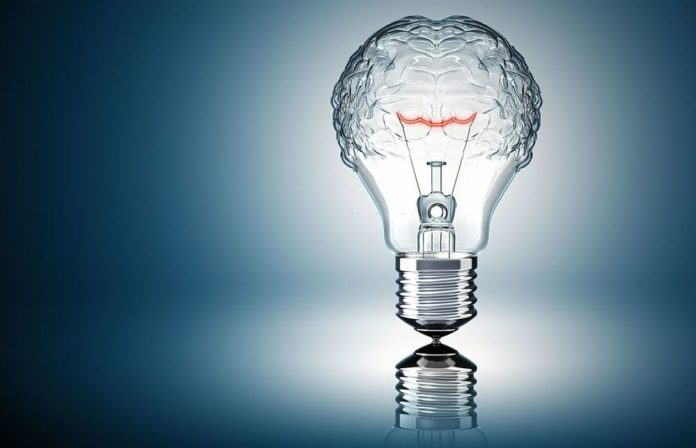The brain consumes significantly more energy than other organs pound for pound, and, perplexingly, it continues to be a fuel guzzler even when its neurons are not transmitting signals called neurotransmitters to one another.
Now, researchers at Weill Cornell Medicine have discovered that this energy loss may be caused by the process of neurotransmitter packing.
They discovered tiny capsules termed synaptic vesicles as a major source of energy consumption in dormant neurons. Neurons employ these vesicles to store their neurotransmitter molecules, which they discharge from synaptic terminals to communicate with other neurons.
The process of packing neurotransmitters into vesicles consumes chemical energy, and the researchers discovered that this process is inherently leaky in terms of energy consumption—so leaky, in fact, that it continues to consume significant energy even when the vesicles are full and synaptic terminals are inactive.
“These findings help us understand better why the human brain is so vulnerable to the interruption or weakening of its fuel supply,” says sr. author Dr. Timothy Ryan.
The finding that the brain consumes a large amount of energy, even when at rest, dates all the way back to investigations of the brain’s fuel consumption in comatose and vegetative states some decades ago. These investigations discovered that even in these profoundly inactive conditions, the brain’s glucose consumption normally decreases by around half compared to normal – implying that the brain remains a heavy energy consumer in comparison to other organs. The mechanisms underlying this resting energy depletion have never been completely understood.
Dr. Ryan and his research have demonstrated that neurons’ synaptic terminals, the bud-like growths from which they fire neurotransmitters, are significant energy consumers when active and are extremely sensitive to any disturbance in their fuel supply. They analyzed fuel consumption in inactive synaptic terminals in the new study and discovered that it is still high.
They revealed that this high resting fuel consumption is largely explained by the pool of vesicles at synaptic terminals. During synaptic inactivity, vesicles are fully loaded with millions of neurotransmitters and are prepared to transport their signal-carrying payloads across synapses to partner neurons.
Why would a completely loaded synaptic vesicle consume energy? The researchers observed that there is a leakage of energy from the vesicle membrane, dubbed “proton efflux,” which requires a particular “proton pump” enzyme to continue operating, spending fuel in the process, even when the vesicle is already filled with neurotransmitter molecules.
The investigations indicated that transporters, a type of protein, are the most likely source of this proton leakage. Normally, transporters deliver neurotransmitters into vesicles by changing shape to accommodate the neurotransmitter while allowing a proton to escape—as they do so. Dr. Ryan hypothesizes that evolution set the energy threshold for this transporter shape-shifting low to allow for faster neurotransmitter reloading during synaptic activity, and hence for faster thought and action.
“The downside of a faster loading capability would be that even random thermal fluctuations could trigger the transporter shape-shift, causing this continual energy drain even when no neurotransmitter is being loaded,” he adds.
Although the leakage per vesicle would be negligible, the human brain has hundreds of trillions of synaptic vesicles, so the energy drain would be significant, Dr. Ryan explained.
The discovery represents a substantial advancement in our understanding of the brain’s basic biochemistry. Additionally, the brain’s susceptibility to disruptions in its fuel supply is a significant issue in neurology, and metabolic deficits have been associated with a variety of prevalent brain illnesses, including Alzheimer’s and Parkinson’s disease.
“If we had a way to safely lower this energy drain and thus slow brain metabolism, it could be very impactful clinically,” said Dr. Ryan.
Source: 10.1126/sciadv.abi9027
Image Credit: Getty
You were reading: Why does the brain drain so much body’s energy even when at rest?
